Methodology - The LeadFirst Framework
Practical, research-based management framework for faith-friendly organizations
The question is not whether you have a method to your management. The question is whether it is effective.
Thousands of hours of research. More than 15 years of trial and error testing in business. The LeadFirst Framework includes the Six Disciplines, the first methodology to distill widespread business best practices into one cohesive whole.
The “best of the best” integrated into six step-by-step disciplines.
Together, the disciplines establish a management rhythm that aligns strategy, operations, and individual engagement around shared-purpose.
Discipline I: Strategic Vision
Collaborating to answer a series of important questions, the senior strategy team develops a shared vision to articulate the organization’s purpose and what it will excel at over the long term.
Discipline II: Strategic Change Management
The strategy team then builds a change roadmap with goal targets and vital change projects. The result is shared clarity used to engage the rest of the organization with the strategic vision.
Discipline III: Operational Alignment
The strategy team’s plan naturally creates a tension between current work and future changes. The strategy team must help workers understand changes and balance “running” and “changing” the business. Discipline III harmonizes operating plans and change initiatives.
Discipline IV: Teamwork Driven Execution
Changing conditions and better information mean plans must change. Using coaching, software, and regular team check-in’s, Discipline IV helps teams form communication habits to stay agile and keep focused on a their most important work
Discipline V: Continuous Improvement
Every day, team members see quality problems and inefficiencies. Discipline V puts in place an effective process to assure these ideas are prioritized and acted on quickly. This empowers everyone, all the time, to improve the business.
Discipline VI: Organization Improvement
A regular self-examination helps the organization analyze external factors like regulations, economy, technology, and competitors; gaps between current and best practices; current strategy execution; and the strengths of their people. Discipline VI prepares the organization for the next planning cycle and for future success.
Subscribe to the LeadFirst Briefing
Conquer Chaos in Your Business
- Order copies of Built to Beat Chaos for your team
- Lead your team through the Discussion Guide
- Set a vision for your business with the LeadFirst Purpose Workshop.





